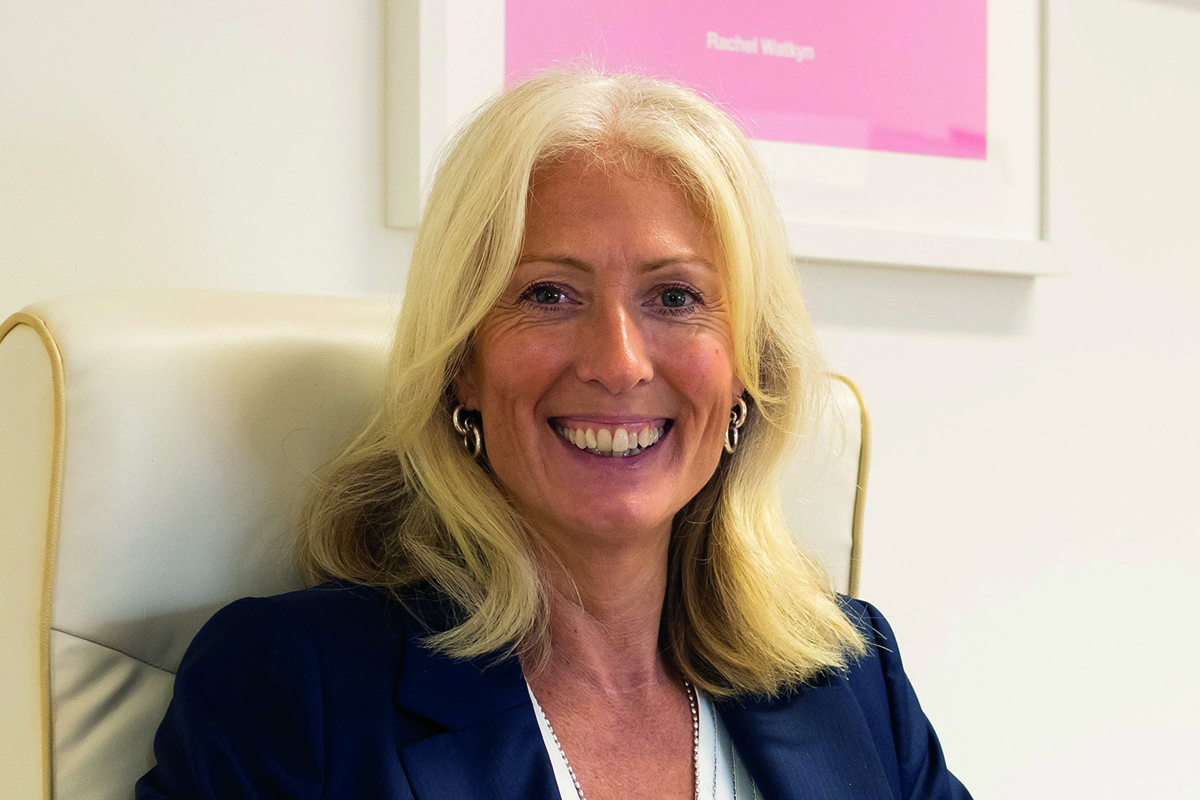
While flexible working can go some way in enhancing women’s well-being, could it end up being detrimental to your finances? Samantha Kaye from Wellesley investigates…
Flexible working has seen a staggering increase in popularity in recent years and is now the job perk of choice for many.
Families across the country are reaping the benefits – more fathers are managing the school run, and it helps mothers balance childcare and other caring commitments. It can also provide some extra ‘breathing space’ in our hectic schedules, not to mention no longer needing to have that awkward phone call with our boss asking to work from home because menstrual cramps made for a poor night’s sleep.
But, while many women are enjoying the lifestyle benefits of this new way of working, it potentially won’t do your career – or your finances – any favours.
Still a stigma?
The stigma historically associated with home working is starting to dissipate since the pandemic proved that
business doesn’t have to suffer as a result. But despite this, in some working environments, starting work late after your child’s school assembly can be perceived to be a lack of commitment.
The price of flexibility
The issue for women goes further than the potential stigma. Working part-time or fewer hours might affect your
earnings and long-term wealth, not to mention having an impact on your position in the labour market. There’s still bias against women returning to work from maternity leave too, with lower expectations about their commitment standing in the way of progress.
Lastly, it can be much harder to establish clear boundaries around the start and end times of your working day.
As for the time you’re saving on the commute, is it being spent on boosting your well-being or do you find yourself working a longer day or checking emails after hours?
The new normal?
There are no two ways about it – flexibility can help support women. It can help us strike a better home/work life
balance or allow us to better care for young and elderly family members without having to forfeit our career.
There’s also acknowledgement among employers that the normalisation and support of flexible working can
encourage a more diverse workforce.
But for all the many benefits, there’s nevertheless a risk that more flexible working could hold several stings in the tail for women, with a potential knock-on effect on your finances as well as your retirement plans. It’s therefore
important to fully assess your position in order to help you make a success story of this way of working.
I can help – contact me today to arrange a no-obligation chat.
Samantha Kaye, Chartered Adviser, Wellesley House,
50 Victoria Road, Burgess Hill, West Sussex, RH15 9LH
E: samantha.kaye@sjpp.co.uk
www.wellesleywa.co.uk





